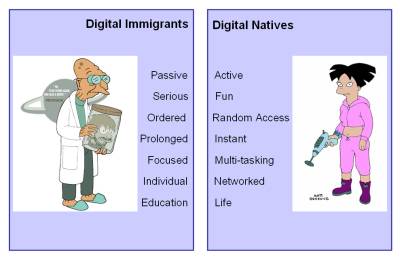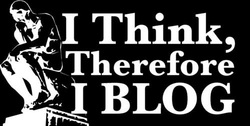Classroom innovation begins with teachers and pedagogy. A superintendent who's district has become a model for digital conversion stated “Laptops and hardware will never replace teachers,” he said. “The secret to our success in Mooresville has been teachers being vibrant users of digital resources and understanding how to teach and inspire students as they’re using digital resources.”
It is evident that its not the lack of technology that is causing the problems in the classroom, it’s more so of its incorrect implementation and/or willingness of faculty to change their methodology to accommodate the use of technology (Wood & Ashfield, 2007, p. 87). Innovation is not hard to achieve. In this article, I like the fact that they include the youth in their decision making processes. Afterall, the students are the ones who are basically the testers per se, we are testing their achievement progress when innovating and using technology in the classroom.
There is no big secret to getting school districts to innovate. I think we get too wrapped up in “what” the latest and greatest technology instead of “how” we can use it to learn and collaborate with others. There first, needs to be systems in place that are test-driven before implementing 100 new gadgets that "don't work properly" in the classroom. That would be money wasted and the notion that technology is unreliable, that idea can be avoided with proper research, through evaluation and data collection.
http://www.edweek.org/ew/articles/2013/10/02/06el-culture.h33.html?tkn=LWWFRf11ovGsdPBFmMKcVapyat%2Fd2cg2OrZN&cmp=clp-edweek
It is evident that its not the lack of technology that is causing the problems in the classroom, it’s more so of its incorrect implementation and/or willingness of faculty to change their methodology to accommodate the use of technology (Wood & Ashfield, 2007, p. 87). Innovation is not hard to achieve. In this article, I like the fact that they include the youth in their decision making processes. Afterall, the students are the ones who are basically the testers per se, we are testing their achievement progress when innovating and using technology in the classroom.
There is no big secret to getting school districts to innovate. I think we get too wrapped up in “what” the latest and greatest technology instead of “how” we can use it to learn and collaborate with others. There first, needs to be systems in place that are test-driven before implementing 100 new gadgets that "don't work properly" in the classroom. That would be money wasted and the notion that technology is unreliable, that idea can be avoided with proper research, through evaluation and data collection.
http://www.edweek.org/ew/articles/2013/10/02/06el-culture.h33.html?tkn=LWWFRf11ovGsdPBFmMKcVapyat%2Fd2cg2OrZN&cmp=clp-edweek



 RSS Feed
RSS Feed